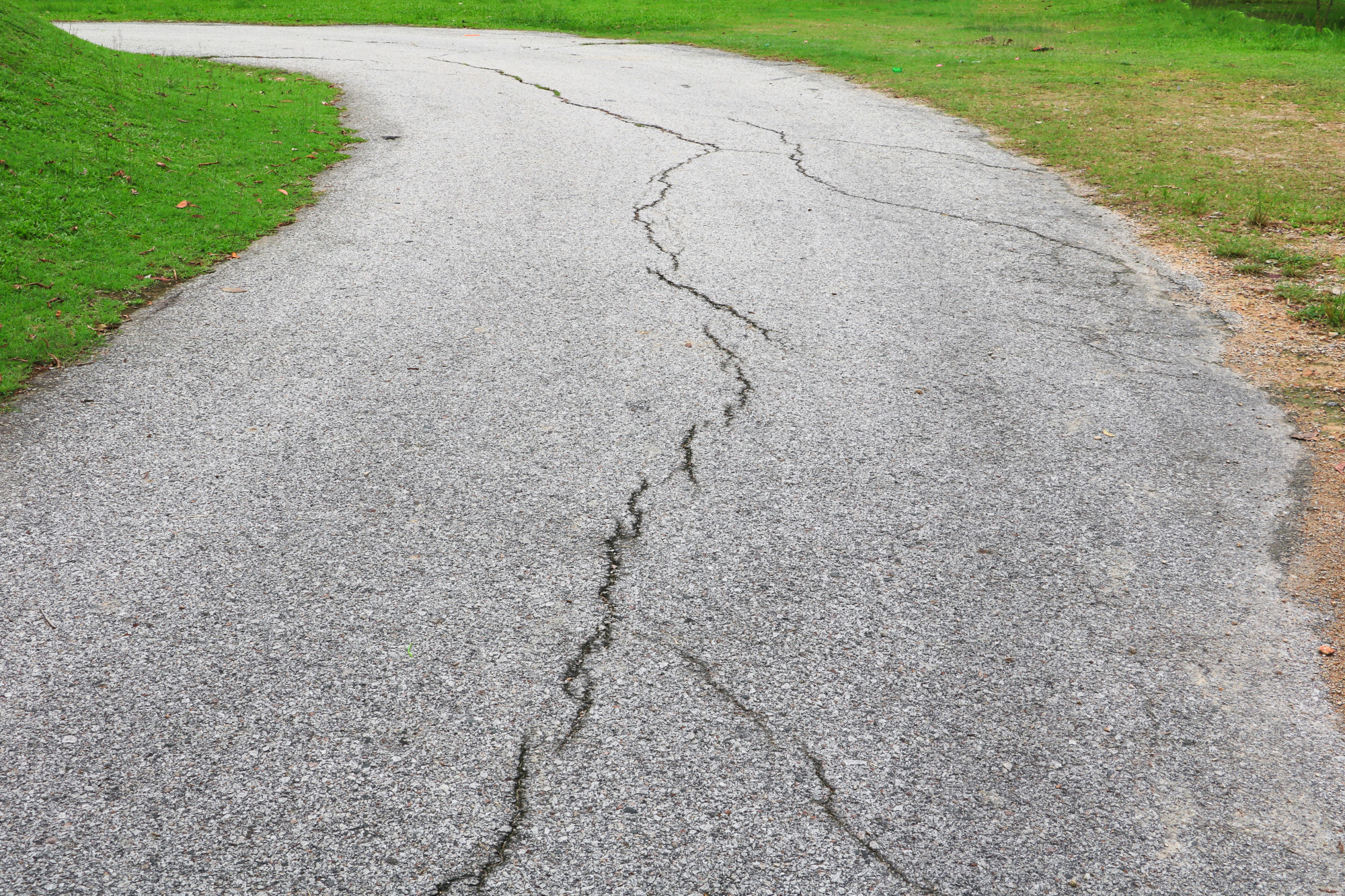6 Signs Your Road Might Need Chip Seal
6 Signs Your Road Might Need Chip Seal
If your road is in danger of cracking, chip seal may be the solution for you. Here are the signs you need it.
Keyword(s): chip seal
Preventative maintenance is the best way to reduce road repairs. Based on research, to keep the US roads in good repair, relevant authorities need $45.2 billion a year. This keeps the roads from falling into a state of disrepair and improves on public safety.
While there are several types of road maintenance methods, chip seal has stood out among them.
What Is Chip Seal?
This is a preservation technique that protects asphalt roads from weathering. As a two-step process, it starts with the application of asphalt emulsion. This is a protective layer that protects the old asphalt surface from wearing.
After the application of asphalt emulsion, a layer of finely crushed rock is then applied.
Why use Chip seal?
There are several reasons why chip seal is the best solution.
- Lowers the cost of maintaining roads and pavements - short and long term
- Seals cracks on existing asphalt pavements and roads
- Creates a skid-resistant surface
- Provides an anti-glare surface in wet weather
- Provides a reflective surface for night driving
- Acts as a moisture barrier for the old pavement
Now that you know what chip seal is and its benefits, we will highlight the 6 signs your road might need chip seal.
The Asphalt Road Is Old and Cracked
A new asphalt road is smooth but as time goes by, exposure to the sun and continued use results in cracks. Parts of the asphalt surface will become brittle and break off.
In wet weather, cracks are eroded creating small craters that are a danger to public safety. Repairing asphalt road with traditional methods is expensive but with chip seal, the cost is lower. Chip seal works by filling the cracks and keeps water from penetrating the road surface.
The Road Has Low Traffic Volume
If the road has traffic of fewer than 2500 vehicles a day, then it is a candidate for chip seal. Chip seal is durable when applied on old asphalt roads and pavements as it lasts more than 12 years.
In a low traffic zone, it can last more than that. Once applied, it acts as a reflective surface. This is perfect for night driving.
The Road Surface Is Slippery
Weather through precipitation can affect the driver’s ability to drive. Not only that. It can affect the performance of the vehicle - maneuverability and traction. If the driver loses control, he may crash and cause an accident.
Based on research, there are 5.8 million vehicle crashes every year. 21% of vehicle crashes are weather-related. Chip seal can resolve this problem by creating a skid resistant surface on wet surfaces.
The Asphalt Road Was Recently Constructed
The use of asphalt emulsion helps to reduce the loss of fine rocks. Also, it has reduced the cost of installation. Contractors can apply chip seal on new roads.
Doing so creates a protective surface which prevents aging and oxidation. As such, both road surfaces last long.
Surface Cracks Are Beginning to Form on the Road
If surface cracks are beginning to form on a road, it won’t be long before the road is eroded by water. This can degrade the quality of the road and compromise public safety. Chip seal preserves the pavement and stretches the limited dollars of road maintenance.
The Road Is Bleeding
Bleeding is a common problem on asphalt roads. This is where a shiny glass-like reflecting surface appears. Also called flushing, this problem occurs as a result of over asphalting. In wet weather, drivers can skid and lose control.
The application of chip seal makes the surface skid resistant.
What’s Next?
If your road or driveway is slippery and in need of rehabilitation, we recommend chip seal. The application extends the life of your driveway by sealing cracks. It also makes the surface skid resistant and water resistant.
Looking for a general engineering contractor specializing in chip seal? Contact us today!

